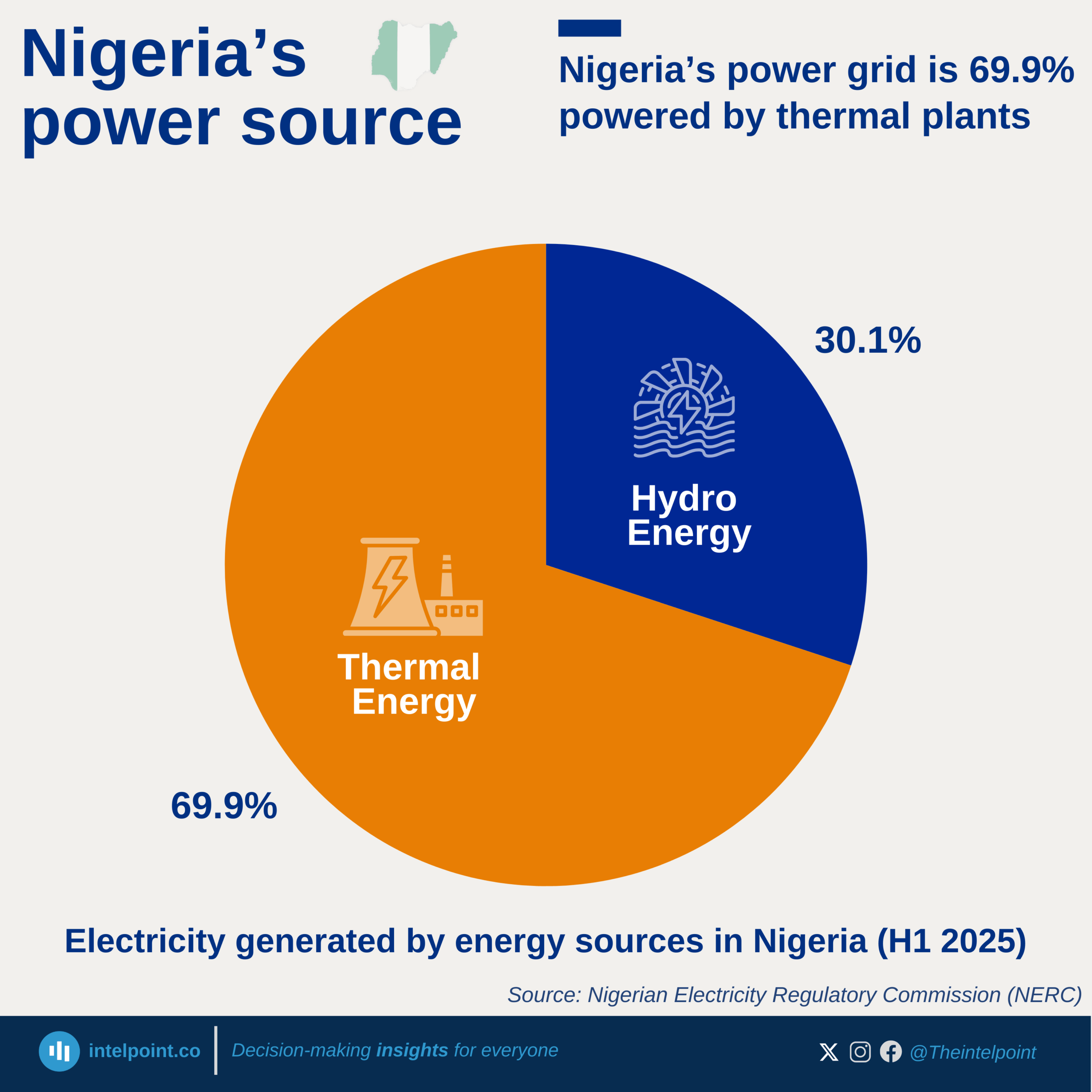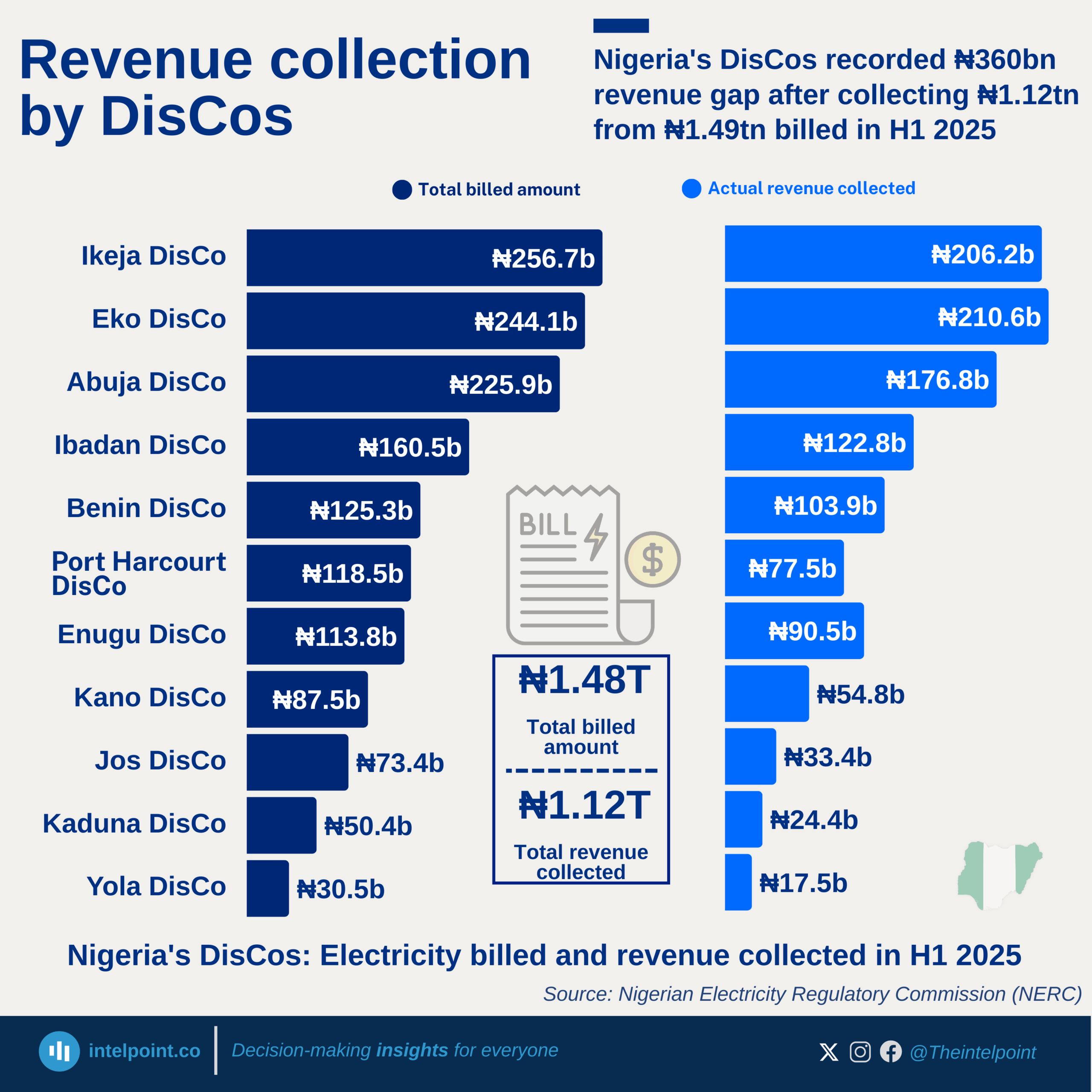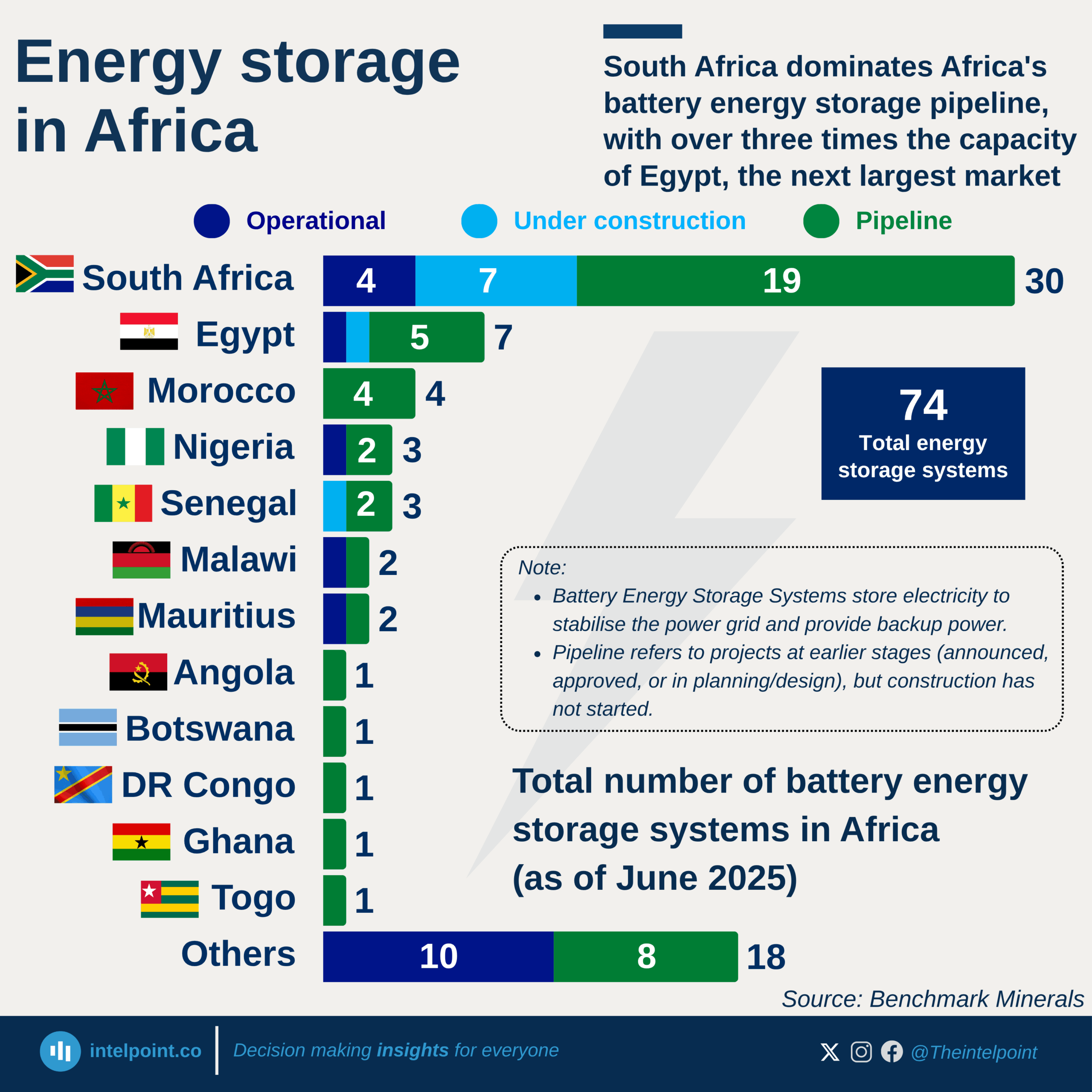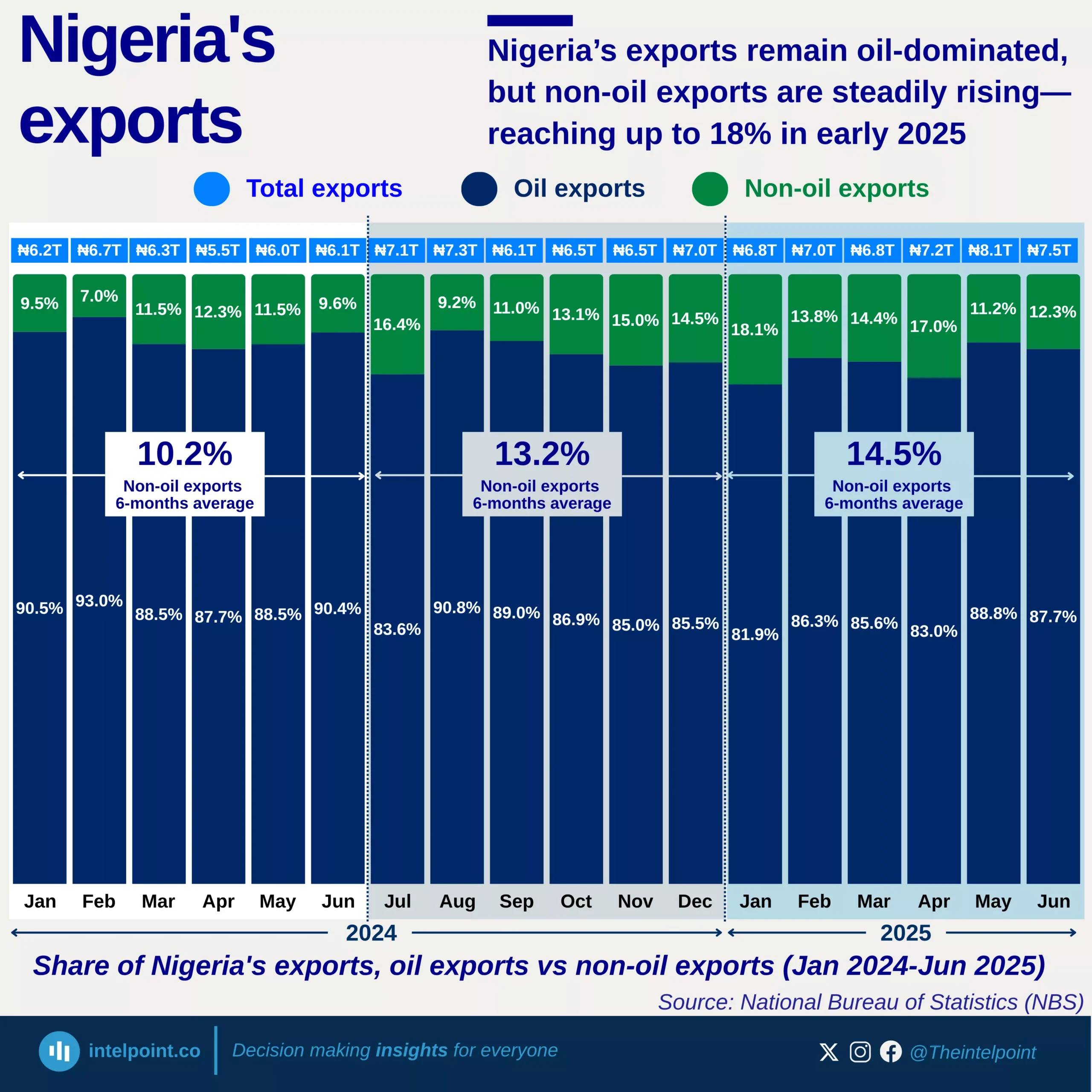Bio-diesel, a renewable, biodegradable fuel manufactured from vegetable oils, animal fats, or recycled cooking grease is an alternative to petroleum diesel and can be used in diesel engines.
Only 37 countries in the world produced bio-diesel in 2023, and no African country was on the list. The implication is that bio-diesel production and usage in Africa remain relatively low, compared to other continents like Europe, Asia, and the Americas.
The United States of America remained the dominant producer of bio-diesel with 15.25 million metric tons produced in 2023, which is 36% of the total quantity produced globally. Brazil, Germany and the Netherlands produced 6.62 million metric tons, 3.70 million metric tons, and 2.03 million metric tons, respectively. These three countries collectively produced 29.3% of the global total.
With 15.25 million metric tons produced by the United States of America, one might assume that the country would be the major exporter of bio-diesel globally, but the country did not export at all as always. Germany was the top exporter of bio-diesel, with 2.18 million metric tons exported.





